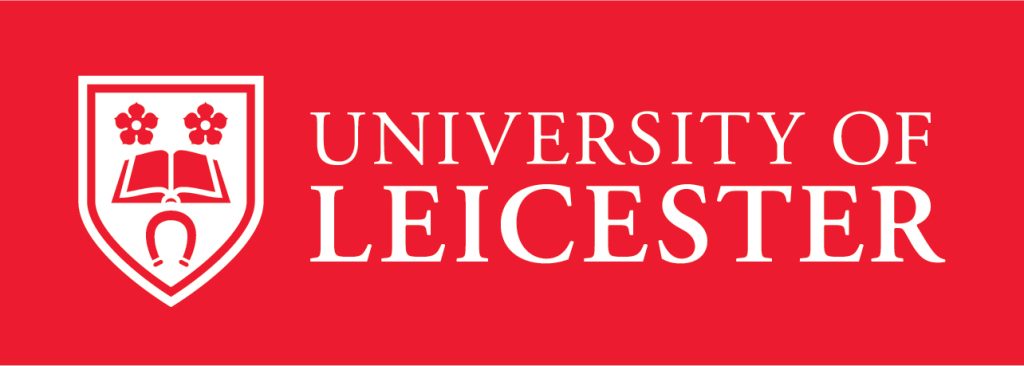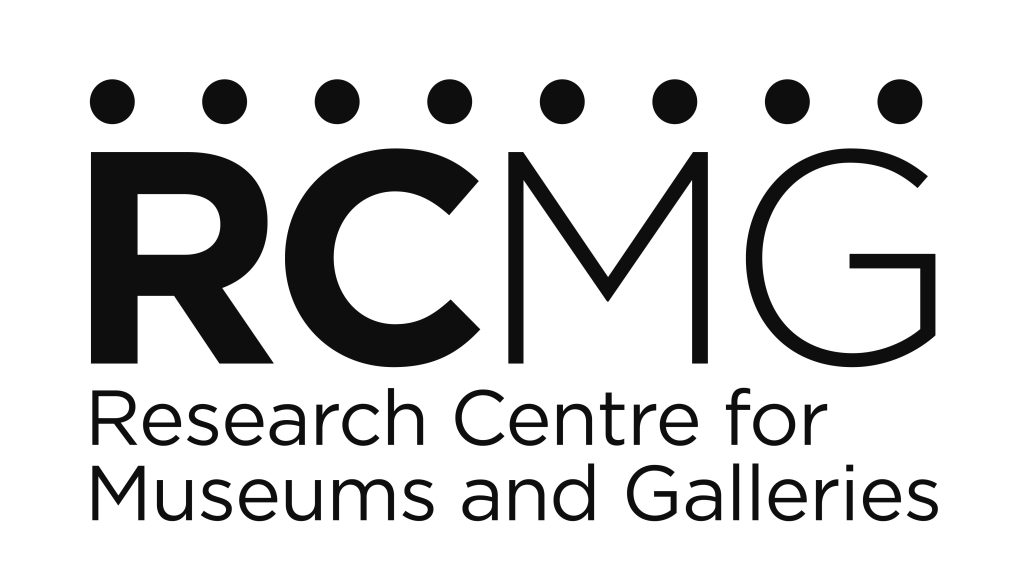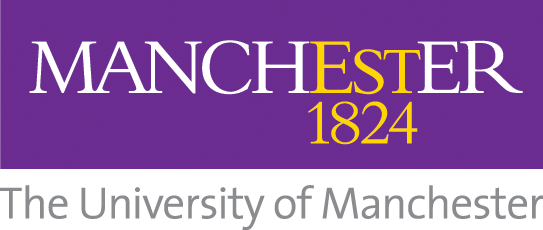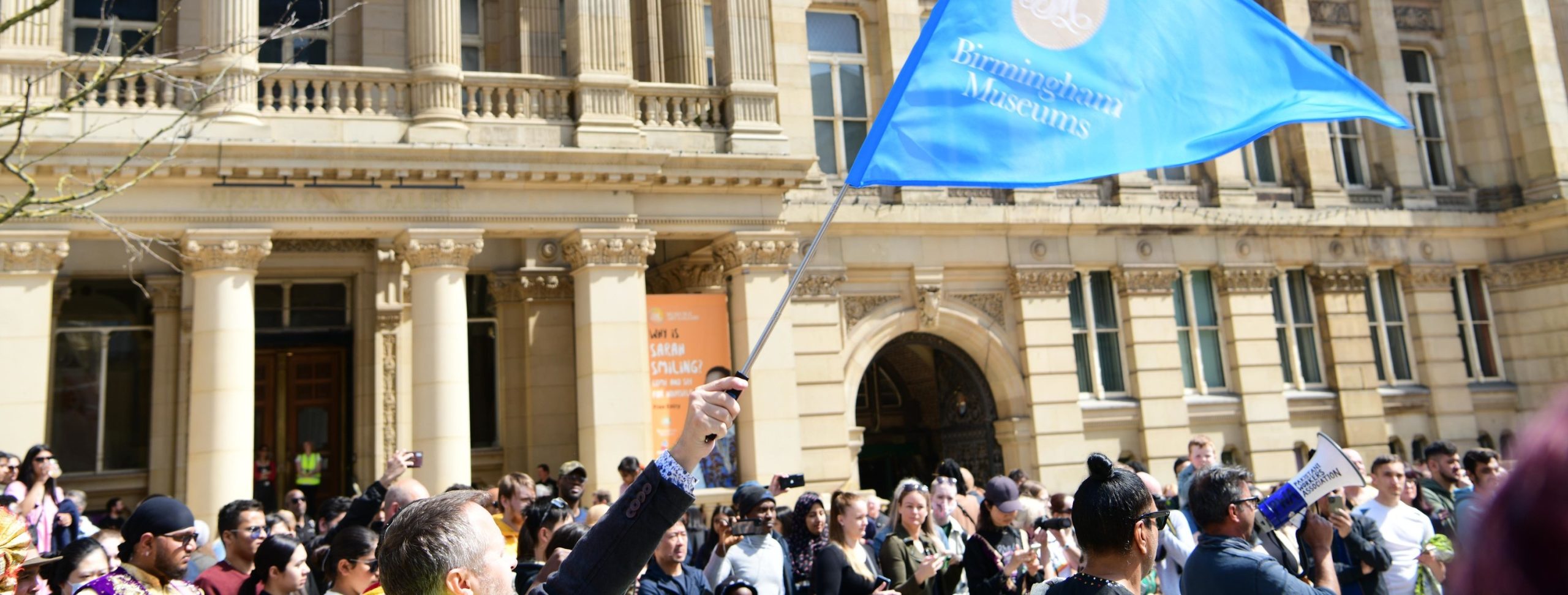Latest Posts
-
Blog #3 | Addressing the museum attendance and benefit gap: Inequality, representative participation and implementation science
Suzanne MacLeod | September 2024 | How might museums utilise research and strategies from fields such as implementation science to drive evidence-based decision making, understand which changes in museums successfully broaden visitor demographics and sustain progress towards representative participation? Could Implementation Science help us to identify a new area of museum practice focused on closing…
-
Blog #2 | What do we mean by reducing the Attendance and Benefit Gap?
Mark O’Neill | May 2024 | The purpose of an AHRC-funded network is not so much to do new research, as to gather an interdisciplinary team which will explore what is already known about an issue from new and different perspectives which are likely to aid understanding. This is done with two purposes in mind…
-
Blog #1 | Addressing the museum attendance and benefit gap: inequality, representative participation and implementation science
Suzanne MacLeod and Mark O’Neill | October 2023 | The aim of these AHRC-funded workshops is to create a multidisciplinary research network which will address persistent inequalities in museum attendance and benefit. Data from the official Taking Part Survey, which includes the attendance gap between Upper and Lower Socioeconomic Groups in England, show that it…





